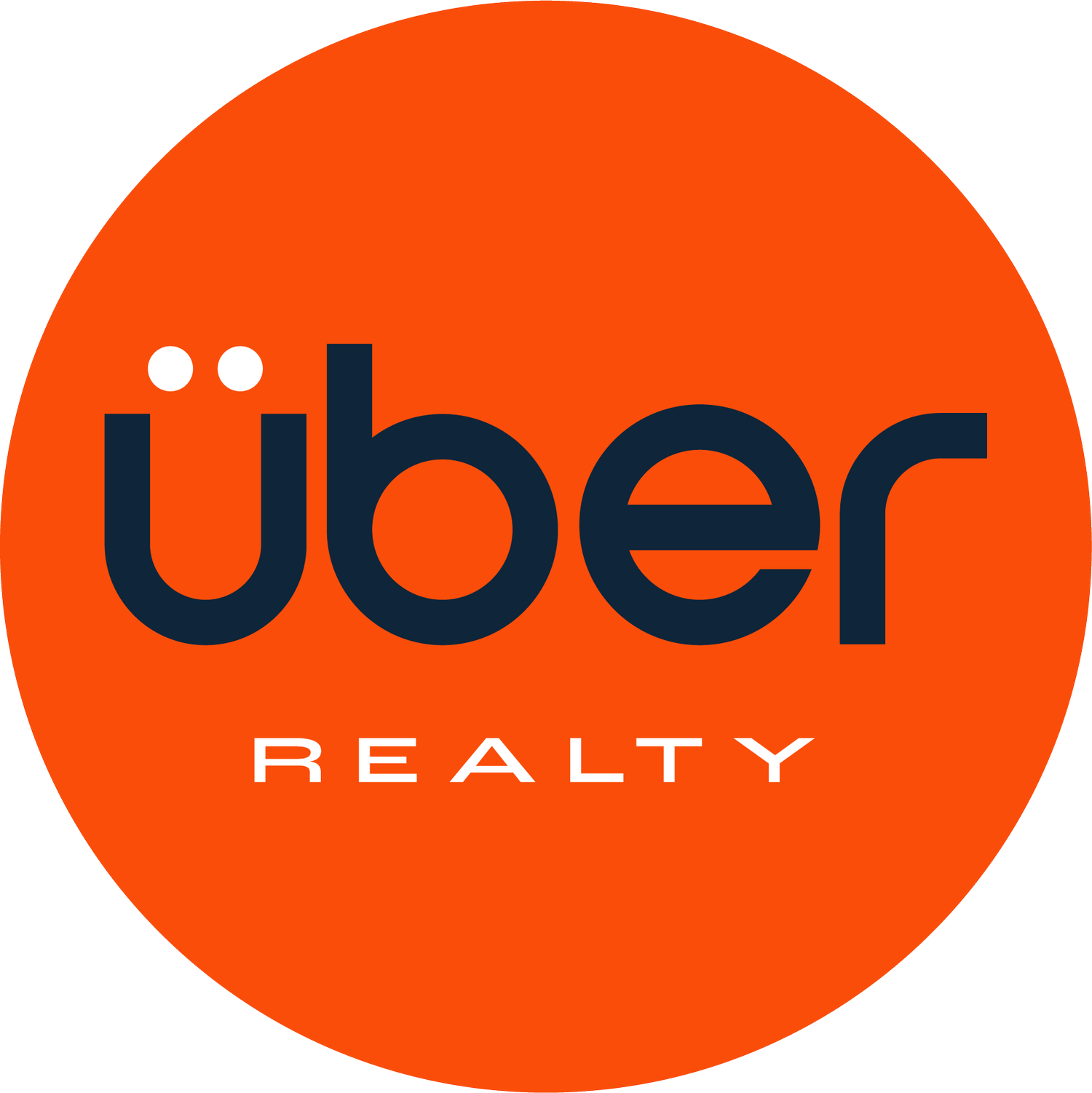"What We've Got Here… Is a Failure to Communicate."
Remember that line from Cool Hand Luke? Paul Newman knew what was up. And honestly? It applies to today's real estate market more than most sellers want to admit.
Here's what's actually happening out there: Most buyers are asking sellers to help with closing costs. Not some buyers. Not occasionally. Most of them. It's become as standard as asking to see the inspection report.
This doesn't mean your house sucks. It means buyers are playing by today's rules, not the ones from your neighbor's Facebook post about how houses "used to sell themselves."
Sure, there are unicorn properties that buck this trend—the ones that are staged like a magazine cover, priced like they actually want to sell, and marketed by someone who knows the difference between Zillow and reality. But for everyone else living in the real world?
The market is your teacher, whether you like the lesson or not. And trust me, it's way cheaper to learn from someone who's actually in the trenches every day than to get your education the expensive way—watching your listing go stale while you wonder why nobody's biting at your "perfectly reasonable" asking price.
You wouldn't drive cross-country without GPS, snacks, and a full tank of gas. So why would you try to navigate one of the biggest financial transactions of your life without someone who actually knows where the potholes are?
I'm not here to blow sunshine. I'm here to help you win. And winning means dealing with what is, not what we wish it could be.
Seller Closing Costs in Today’s Market
Q: Do sellers always have to pay the buyer’s closing costs?
A: No, but it’s common. In many current transactions—especially in price-sensitive markets—buyers are requesting sellers to cover some or all of their closing costs. It’s negotiable, but a seller who refuses upfront may lose leverage or time on market.
Q: Can I avoid paying any closing costs as a seller?
A: Possibly—if your home is perfectly priced, move-in ready, and in a competitive location. In that case, buyers may come in strong without asking for extras. But if your home has flaws or is overpriced, expect requests.
Q: How much are typical closing cost concessions?
A: It varies by deal, but in the Florida Panhandle, seller-paid concessions often range from $5,000 to $12,000, depending on loan type and buyer needs. VA and FHA loans frequently include these asks.
Q: Is it smarter to price higher to “leave room” for concessions?
A: Not really. Today’s buyers are savvy—and their lenders even more so. Overpricing to absorb concessions often leads to appraisals coming in low and deals falling apart. A better approach? Price strategically and negotiate from strength.
Q: What’s the cost of learning the hard way?
A: Days on market = dollars lost. The longer your home sits, the more likely you’ll have to drop price and accept tougher terms later. Learning from an active broker (instead of the market itself) can save you thousands.
